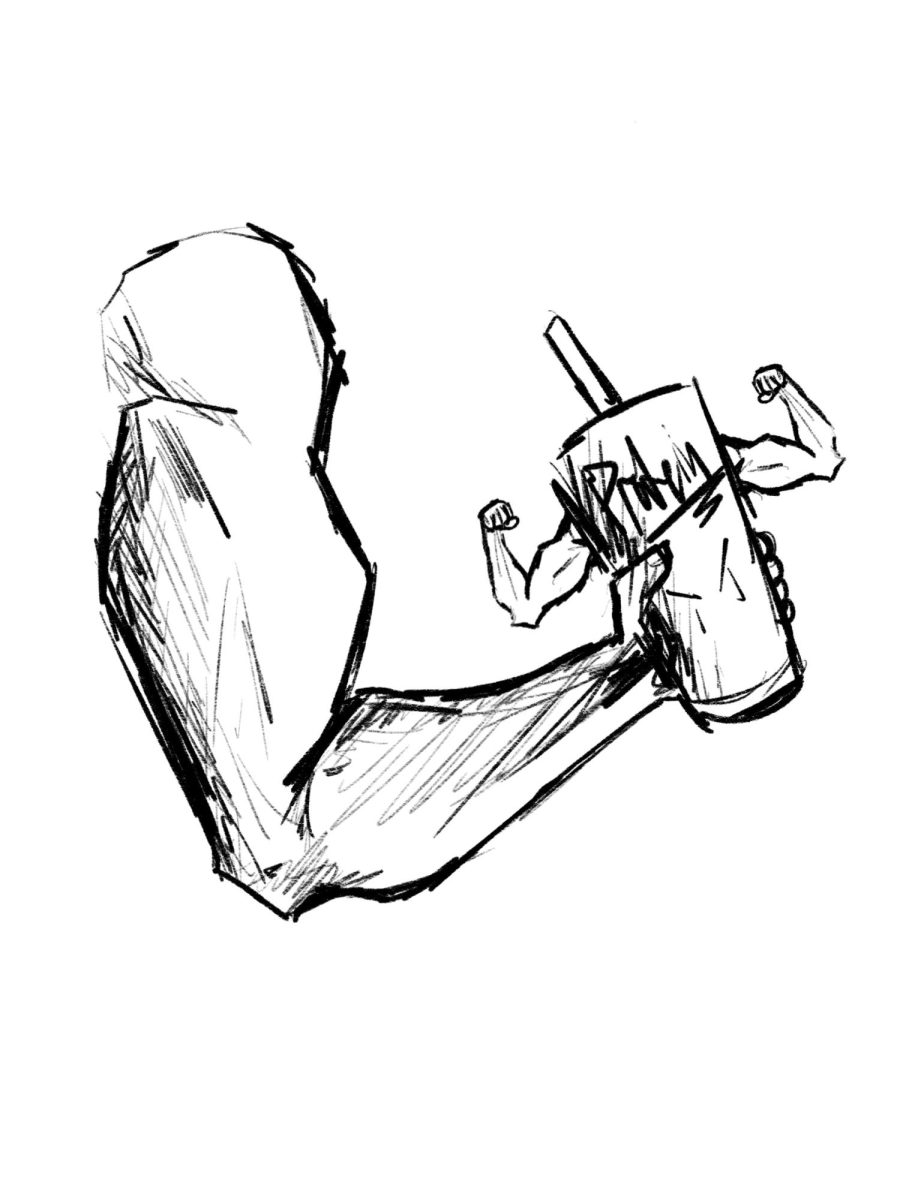Nutrition is a key component to reaching athletic potential. Your body needs carbohydrates, protein, fat, vitamins, minerals and water to fuel it for activities. Eating a diet specific to athletes will allow you to train harder, delay fatigue, enhance concentration, improve body composition and strength and reduce the chance of injury. Proper nutrition will allow you to push your limits further and recover from a workout faster.
All athletes need energy to practice and compete. This energy comes from carbohydrates. If the body runs out of carbohydrates during a workout or competition, it will begin taking energy from stored proteins and fats, hurting your performance. To avoid this, it is recommended that athletes eat a diet high in complex carbohydrates when in training. Complex carbohydrates are carbs that take longer to digest. Some good sources of complex carbohydrates are whole grains such as whole-wheat breads, pastas and brown rice, fruit and dairy. Along with carbohydrates, your diet should include proteins and fats. Although you should not be using fat for energy in a high intensity workout, they do help with energy during low to moderate intense workouts. Fats eaten should be relatively healthy and should include, fish, nuts and vegetable oils. Lean meat, eggs and legumes such as beans, should be eaten as a source of protein. This balanced diet, with an emphasis on carbohydrates is to be eaten during regular training.
One to two days before a competition, an athlete’s diet changes. Begin to include more starchy (complex carbohydrates) foods such as pasta, breads, grains and vegetables into your diet. Many sports teams will have a team pasta party to get together and eat pasta, vegetables and other complex carbohydrates, one to two days before a competition, for fun team bonding and to ensure that each athlete is eating properly. The day of a competition, eat an easily digestible meal no later than three-four hours before. This is important because due to keyed-up emotions the day of a game, your body’s digestive process may slow down. Avoid fats because they digest slowly and you do not want them sitting in your stomach during competition. Also avoid candy and other sugary foods because they will cause a blood sugar swing resulting in lower energy. If your competition is going to last over an hour, you should eat small amounts of carbohydrates during the competition to replenish your energy and delay fatigue. The day after competition, resume your regular balanced diet.
Hydration is another key to athletic success. About 60% of your body is water, and water is necessary to complete all body functions. The Institute of Medicine’s Food and Nutrition Board recommends that female athletes require 11 ½ cups of water per day and male athletes require 15 ¾ cups per day. Athletes need to drink the same amount of water they sweat off during a workout to prevent dehydration. So, your water intake needs will change depending on each workout. Drinking all of this water in one day can be a challenge. A tip to help this overcome this difficulty is to drink small amounts more often, even if you are not thirsty. Thirst is signaled after 2% of your body weight has already been lost. Meaning once you feel thirsty, your body is already in an early stage of dehydration. Drinking cold beverages helps because it cools body temperature and reduces sweating. The most accurate way of refilling your body with water after a workout is to weigh yourself before and after each workout and for every pound lost drink two to three cups of water. Your regular body weight should be attained before beginning the next workout. It is not always possible to weigh yourself before, so when this is the case, just follow the basic hydration guidelines listed earlier. Proper hydration should help improve your athletic performance.
Eating a diet specific to athletes is not a guaranteed way to improve, but try out this nutrition plan and see where your athletic potential can go.























